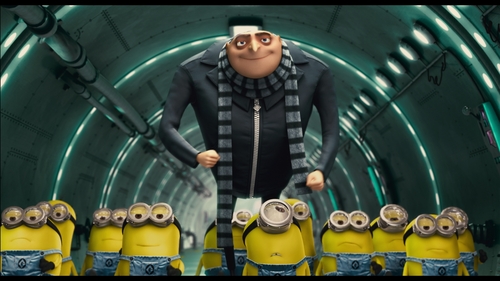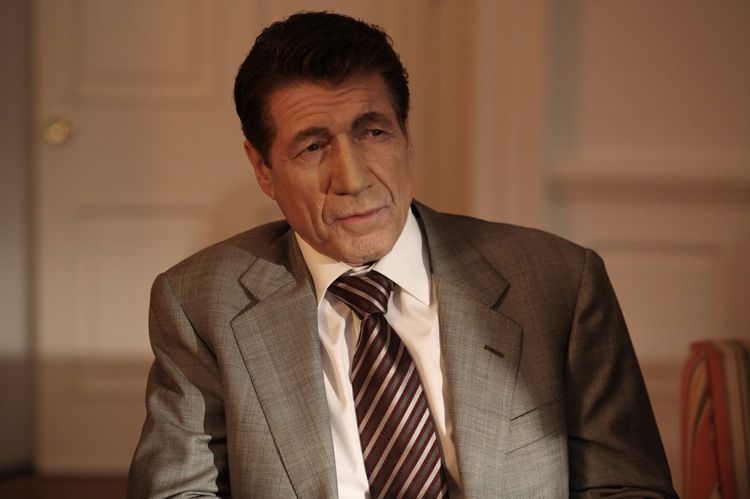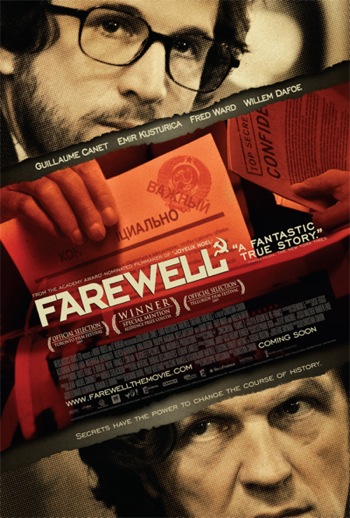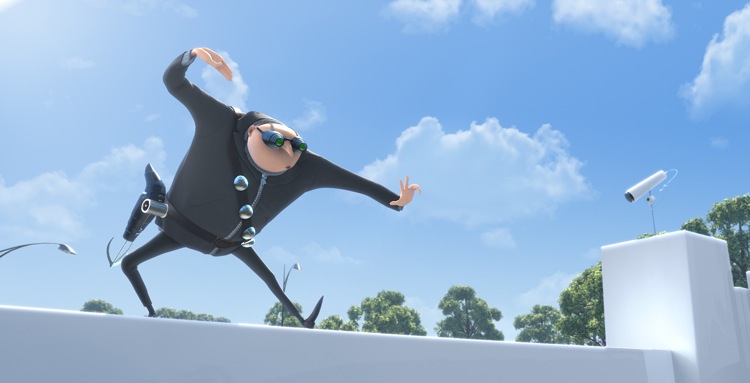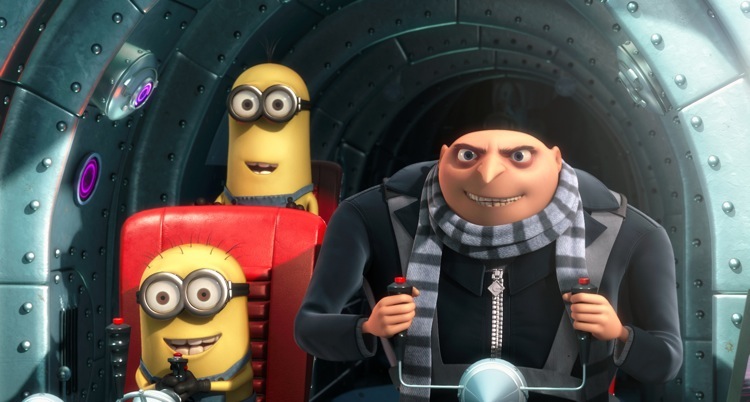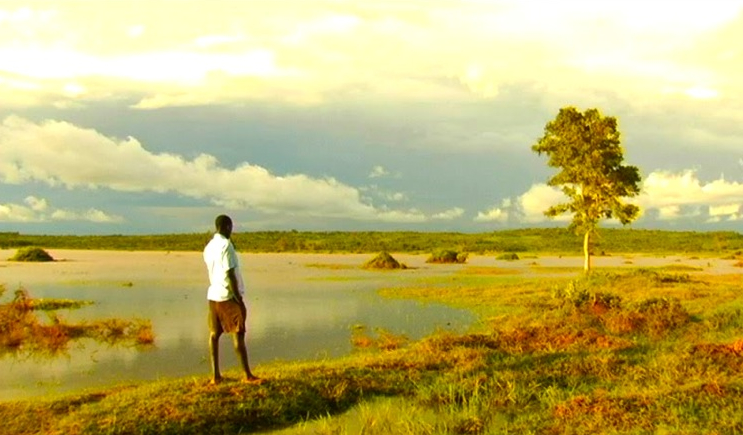By Jennifer Baldwin. I ran across an interesting list from Filmcritic.com the other day: The Top 50 Movie Endings of All Time. The list was compiled in 2006. Many of my favorite endings were listed, including the endings to Casablanca, The Godfather, and Bonnie and Clyde. But as the list got closer and closer to number one, I waited giddily for my favorite ending of all-time to appear. I knew it would be near the top spot, at least top five, maybe it would even be the number one ending. It is, after all, one of the most famous endings in all of Hollywood’s history, and includes two of the most famous lines in all of cinema. It’s one of the greatest classics of all time, how could it not be near the top of the list?
I’m writing, of course, of the ending to Gone With the Wind. There is no more iconic and well-known ending in all of cinema, with the exceptions of perhaps The Wizard of Oz, Casablanca, or The Empire Strikes Back. But Gone With the Wind stands as one of the greats, arguably the greatest, if only for the thrill of hearing the word “damn” uttered for the first time in mainstream cinema and to see Scarlett rejected so deliciously – only to see her rise again with indomitable resilience. I knew it was coming. I kept reading. I was almost to the end of the list …
And Gone With the Wind was nowhere to be found. They had left it off.
I couldn’t quite believe it. A few people in the comments section couldn’t believe it either. Where was Gone With the Wind? Where was “Frankly, my dear, I don’t give a damn”? Where was “After all, tomorrow is another day”? Where was that last gorgeous Technicolor shot of Scarlett returned to Tara, the sweeping main theme of Max Steiner’s unforgettable score rising to a crescendo on the soundtrack? I was in a bit of shock, sitting there looking at a list of the Top 50 Movie Endings that did not include Gone With the Wind.
But then again, why should I be surprised? GWTW has been losing its place in the pop culture pantheon for a while now. The writing was on the wall when the revised AFI Top 100 American Films list came out and GWTW had slipped from fourth place to sixth place, replaced at #4 by Raging Bull. Not a huge slip, of course, but a telling one I think. GWTW is too iconic, too huge (still the top box office of all time, adjusted for inflation), to really go away altogether. But slowly, in little drips and quietly telling ways, it’s losing stature in the film community – especially in the mainstream online film community. And it’s not surprising because the online film community – which drives so much of film culture and conversation these days – is simply not that interested in what gets called, for better or worse, a “chick flick.”
And despite its status as a Civil War epic, GWTW is a women’s film. Vivien Leigh as Scarlett O’Hara is in nearly every scene. It’s her story that we watch unfold, even as Rhett Butler pops in and out of the narrative. It’s her emotional journey that dominates the film. And in the second half especially, it is her domestic drama that takes up most of the action (and it’s not surprising to read commentary from guys online who think the second half of the film is “weak” compared to the first, more war-focused half – the domestic struggles of Scarlett hold little interest for the online fanboy types). Continue reading The Reputation of Classic Women’s Pictures: Gone with the wind?


